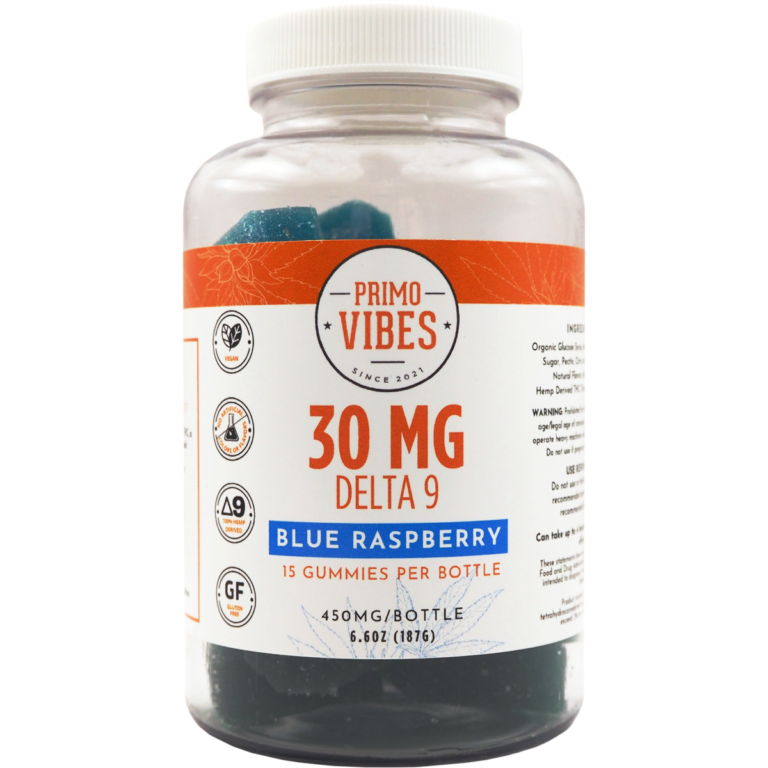Is Delta 9 Synthetic
Delta-9-tetrahydrocannabinol, or Delta 9 THC, is one of the most recognized cannabinoids in cannabis and is chiefly responsible for the plant’s psychoactive effects. Its prominence in both recreational and medicinal cannabis products has made it a focal point in the industry. However, with the growing presence of various cannabis derivatives and synthetic cannabinoids, there has been increasing curiosity about whether Delta 9 THC is synthetic or naturally occurring.
To clarify, it’s important to understand the difference between natural and synthetic cannabinoids. Delta 9 THC is a natural cannabinoid, produced by the cannabis plant and interacting with the body’s endocannabinoid system. This system is crucial in regulating key physiological functions like mood, memory, appetite, and pain sensation. While Delta 9 is naturally extracted from cannabis flowers, it can also be synthesized from other cannabinoids, such as CBD.
Synthetic cannabinoids are lab-created compounds designed to replicate the effects of natural cannabinoids. These substances, often produced in controlled environments, can differ greatly in strength and impact compared to their natural counterparts.
While some synthetic cannabinoids were originally developed for scientific research, others have been engineered to bypass legal limitations on natural cannabis products. However, many of these synthetic variants have been linked to harmful health effects, raising concerns within public health circles.

When it comes to legality, Delta 9 THC from marijuana is federally prohibited in the U.S. However, Delta 9 THC from hemp, with a concentration of 0.3% or less, was legalized under the 2018 Farm Bill. This change has fueled a rise in Delta 9 products like edibles, tinctures, and vapes, which are marketed as legal alternatives to traditional cannabis products.
Delta 9 THC can be obtained in different ways. It may be extracted from cannabis plants or produced by converting CBD into Delta 9 THC through a chemical process. Although this synthetic method creates Delta 9 THC, the compound is chemically identical to its natural counterpart. Therefore, while Delta 9 THC can be synthesized, it is also naturally found in cannabis.
Consumers must understand the source and production method of Delta 9 THC products. Hemp- or cannabis-derived products containing Delta 9 THC should undergo testing for purity and potency to ensure compliance with legal standards. Reputable brands provide third-party lab results to help consumers make informed decisions.
In summary, Delta 9 THC is a naturally occurring compound in cannabis, but it can also be synthesized. It’s essential for consumers to recognize the distinction between natural and synthetic cannabinoids, along with the legal nuances. Whether used for recreational or medicinal purposes, knowing its origins and how it’s made helps individuals make safer, more informed choices in the rapidly changing cannabis market.






